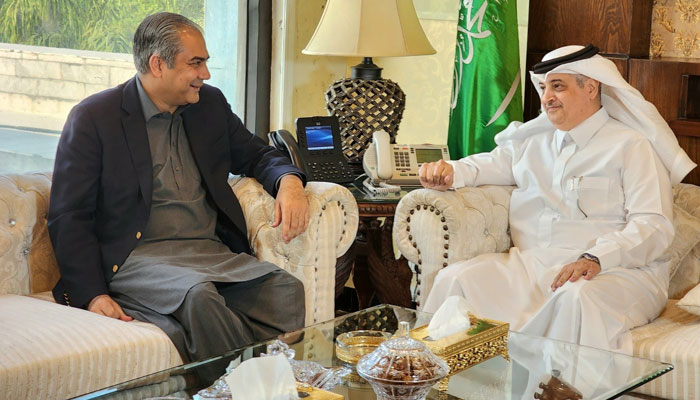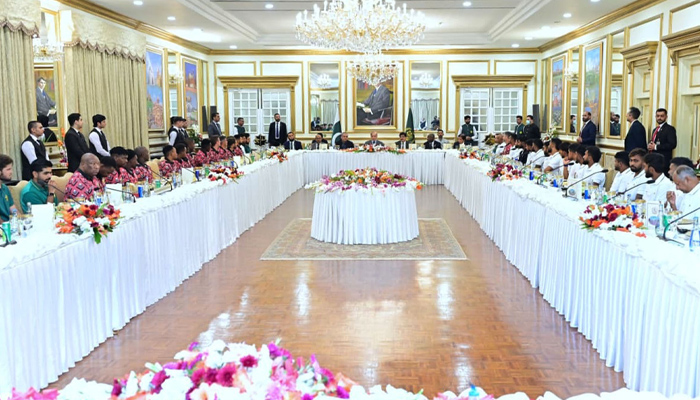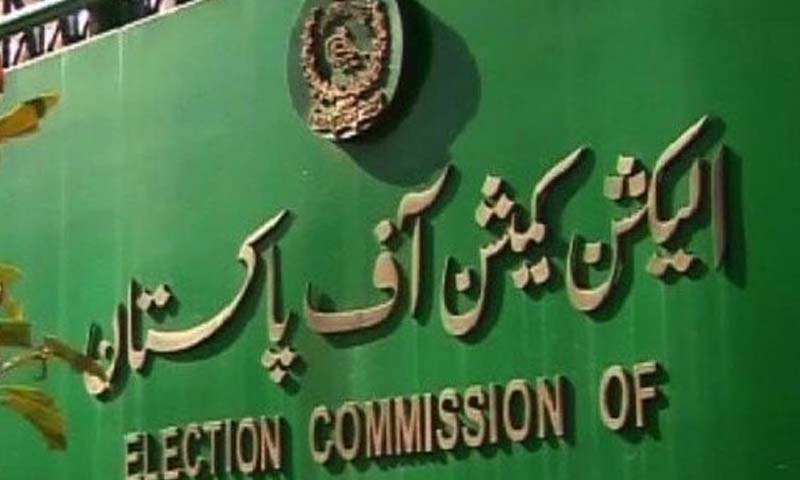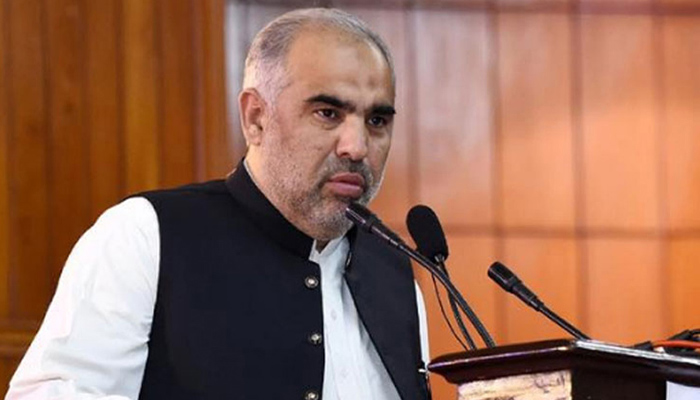POLITICS & POLICY MAKING
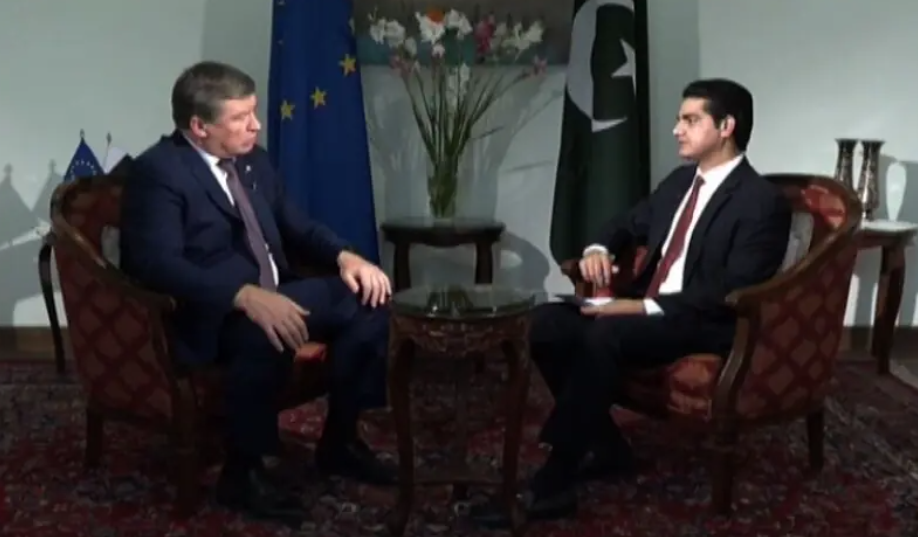
Pakistan has been urged to intensify efforts on human rights, labour standards, and governance ahead of the upcoming Generalised Scheme of Preferences Plus (GSP+) monitoring mission, the European Union (EU) Ambassador to Pakistan, Raimundas Karoblis, said on Wednesday.
The GSP+ status, granted to Pakistan in 2014, provides duty-free or minimal-duty access for most Pakistani exports to the EU. The status has been credited with a 108% increase in textile exports to Europe. In October 2023, the European Parliament extended the GSP+ scheme for developing countries until 2027.
Speaking on DawnNewsTV’s show ‘Doosra Rukh’, Ambassador Karoblis said the upcoming monitoring mission would assess Pakistan’s compliance with 27 international conventions linked to the trade preference, covering human rights, labour rights, environmental protections, and good governance.
“It needs to do more,” Karoblis said, stressing that Pakistan’s implementation of the conventions is “really important.”
The envoy highlighted key concerns including forced disappearances, minority rights, women’s rights, child labour, and the death penalty. While acknowledging some progress, particularly in establishing mechanisms such as the Commission of Inquiry on Enforced Disappearances, he indicated the EU will scrutinize whether these measures are sufficient.
Karoblis also touched on issues such as the independence of the judiciary, the 27th Constitutional Amendment, and recent military trials of civilians, noting that discussions would involve a wide range of stakeholders including opposition groups, civil society organizations, and international institutions.
The upcoming monitoring mission, delayed from June due to the Iran-Israel conflict, is expected to produce a report with recommendations based on UN conventions. It may also serve as a critical benchmark for Pakistan’s eligibility under the next GSP+ trade scheme, likely to commence in 2027.
Former EU ambassador Riina Kionka previously urged Pakistan to show “credible” progress on human rights and labour reforms, while EU Special Representative for Human Rights Olof Skoog warned against misuse of military courts and restrictions on freedom of expression.
Karoblis noted that the EU will engage closely with both state institutions and civil society, and highlighted that governance and environmental progress have been encouraging, but human rights remain the most challenging area.
“If there’s no reciprocal progress on values such as human rights and labour rights, European lawmakers and civil society may question continuing trade support,” he said.
As Pakistan prepares for the GSP+ monitoring mission, the EU’s warnings signal a clear message: while trade benefits have boosted the economy, compliance with international human rights and labour standards remains crucial for future preferential access to the European market.
